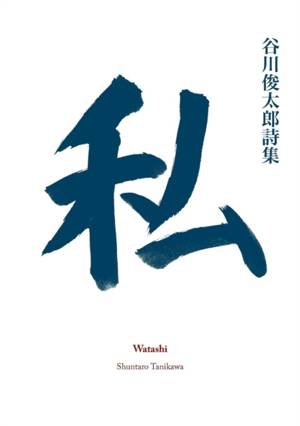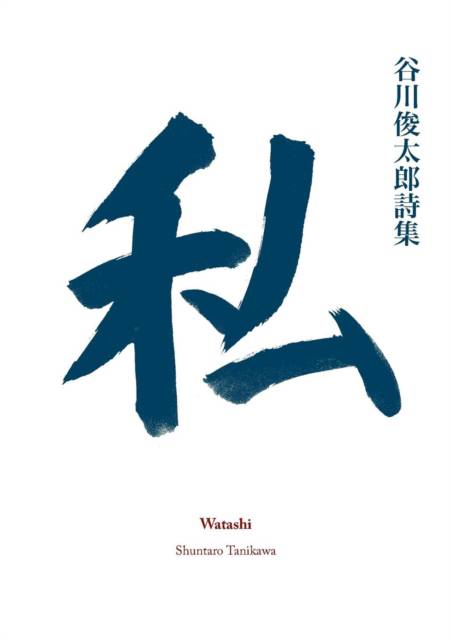
- Afhalen na 1 uur in een winkel met voorraad
- Gratis thuislevering in België vanaf € 30
- Ruim aanbod met 7 miljoen producten
- Afhalen na 1 uur in een winkel met voorraad
- Gratis thuislevering in België vanaf € 30
- Ruim aanbod met 7 miljoen producten
Zoeken
Omschrijving
Shuntarō Tanikawa was born in 1931 in Tokyo. Since publishing his debut collection Two Billion Light Years of Solitude in 1952, he has emerged as the leading voice of contemporary Japanese poetry. His poems are well known not just among readers of poetry; he has passionate fans throughout all of Japan. In addition to writing poetry, Tanikawa has been active in many other realms of literature. He has translated Mother Goose and Charles Shultz's Peanuts, has written the innovative picture books Myself and Songs Playing with Words, and has penned the lyrics for the theme song to Astro Boy and numerous schools across the nation. Tanikawa has taken the position of a liberal poet in his political and social outlook. As for contemporary Japanese poetry, on 3 continents and in some 15 languages the name and poems of Shuntarō Tanikawa come first to mind. At 81, his energy and art continue to bubble out of a poetic Fountain of Youth. Following the Vagabond Watashi, two more Tanikawa translations by William I. Elliott and Kazuo Kawamura are forthcoming. Their first volume as co-translators of this revered poet appeared in 1975. "Across a variety of poems and in a varietyof forms Tanikawa explores the connections between the self and words, that treacherous medium that promises to mirror or even explain reality but instead is one more layer of the puzzle needing explanation. Nothing in this book is simple. Unlikely things are placed together and each of them forces us to open further doors. In this process the poet or the I is not the one with knowledge or answers but merely the one leading us and himself into further self questioning. The immense seriousness of this poetry, locating its search for reality outside the quest for accidental memories, with no hint of any desperate desire to assert a truth as my truth, with no ego getting in the way, enables Tanikawa to achieve the purity and strength of poetry at its finest. His poems have no formula. They aren't dredged up by swallowing a memory pill or by decorating a pre-given content with word-play and metaphor. Without being sentimental, they are fearless of risking that accusation. Equally they don't proceed from any rigid avoidance of meaning, familiar sentence structure, or even a cliché if the cliché is true or necessary at that point in the poem. Unconcerned about academia or fashion, Tanikawa's poems, based in a genuine reverence before the world, have the simplicity and complexity of a very human voice." -Peter Boyle
Specificaties
Betrokkenen
- Auteur(s):
- Vertaler(s):
- Uitgeverij:
Inhoud
- Aantal bladzijden:
- 56
- Taal:
- Engels
Eigenschappen
- Productcode (EAN):
- 9780980511369
- Verschijningsdatum:
- 1/03/2015
- Uitvoering:
- Paperback
- Formaat:
- Trade paperback (VS)
- Afmetingen:
- 148 mm x 210 mm
- Gewicht:
- 86 g

Alleen bij Standaard Boekhandel
+ 41 punten op je klantenkaart van Standaard Boekhandel
Beoordelingen
We publiceren alleen reviews die voldoen aan de voorwaarden voor reviews. Bekijk onze voorwaarden voor reviews.








